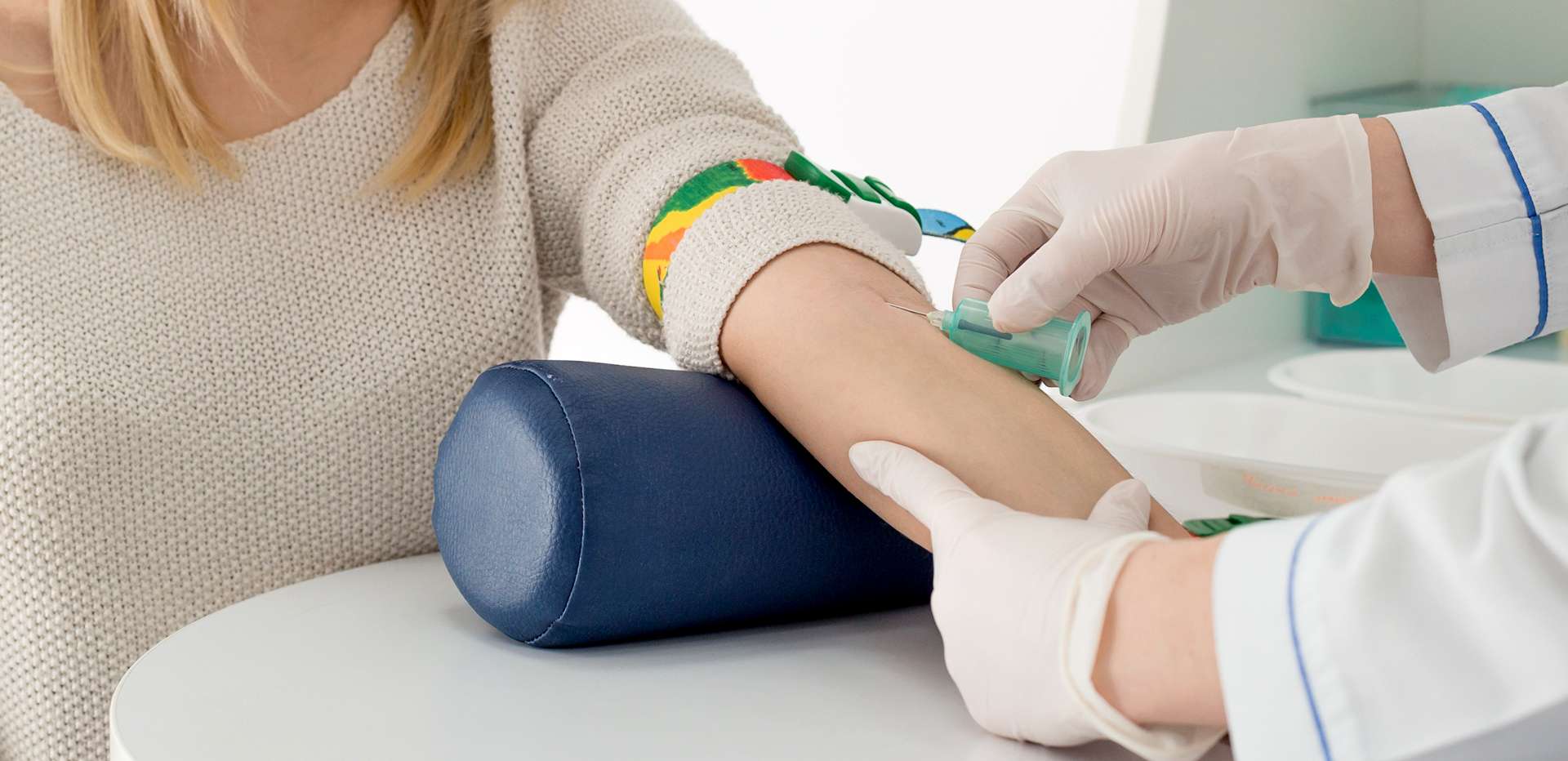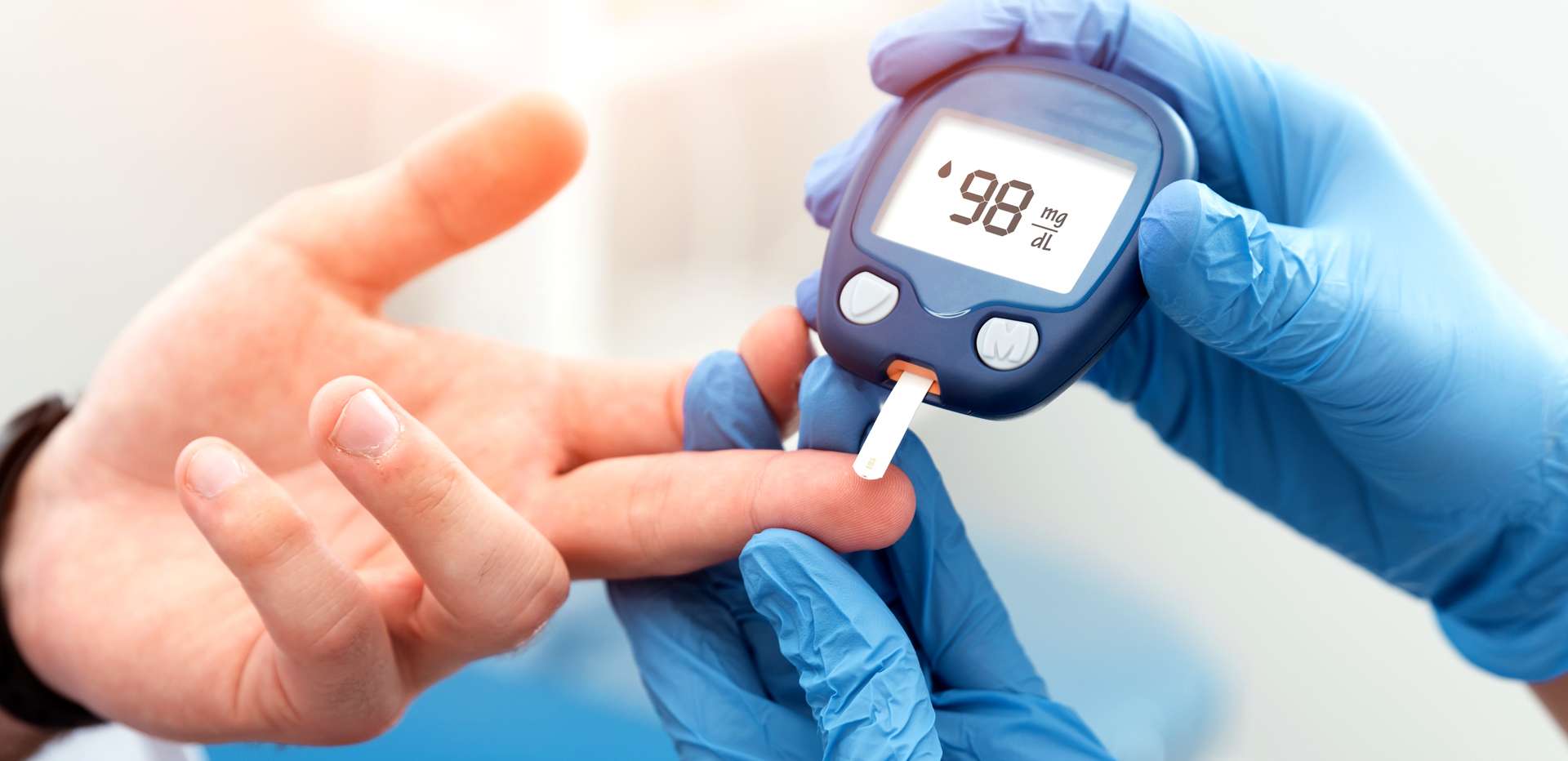Meningitis is a serious condition that can cause life-long complications even in those who survive. These complications can include hearing loss, strokes, seizures, and paralysis. There are different types of meningitis, each with their own set of risks and complications.
What is Meningitis?
Meningitis is an inflammation of the membranes and fluids around the brain and spinal cord. The most common type of meningitis is viral, but it’s also possible to develop bacterial, fungal, and parasitic meningitis.
At first, meningitis can cause symptoms that are similar to the flu. If left untreated, the symptoms can become much more severe and potentially fatal.
Meningitis Symptoms
- Stiff neck
- High fever
- Fatigue
- Skin rash
- Severe headache
- Nausea
- Light sensitivity
- Confusion
- Seizures
Newborns and babies may experience similar symptoms, as well as constant crying, trouble feeding, lethargy, irritability, body stiffness, a bulge on the soft spot on top of the head, and distress that becomes worse when held.
How is Meningitis Diagnosed?
Your doctor or specialist will use a combination of methods to determine a diagnosis of meningitis. This could include questions about recent travel and activity, a medical history review, a physical exam, and diagnostic tests.
Common places that may be checked for signs of the disease include the ears, throat, head, and skin along the spine.Blood tests, scans, imagining, and a lumbar puncture may also be used.
A lumbar puncture, or spinal tap, is considered the gold standard for a definitive diagnosis of meningitis. A needle is used to draw out cerebrospinal fluid (CSF) that is then tested. CSF analysis can also provide information on the type of meningitis, which helps in providing the best treatment possible.
Meningitis Treatment
Viral meningitis may go away on its own without treatment. Doctors often recommend rest, fluids, and over the counter pain medications. Bacterial meningitis is treated with antibiotics, usually intravenously. Corticosteroids may also be used to reduce any brain swelling.
The best way to treat meningitis is through prevention. The effective meningitis vaccine can protect you and your loved ones from a potentially deadly disease. The meningitis vaccination in Northolt and Streatham provided by Touchwood Pharmacy can protect against pneumococcal meningitis, meningococcal meningitis, and hib meningitis.
You can also obtain meningitis vaccination in Northampton and Sydenham. Contact us today for more information or book your appointment online.


























